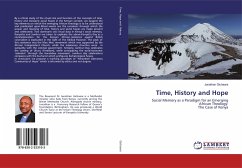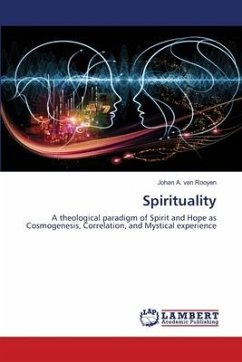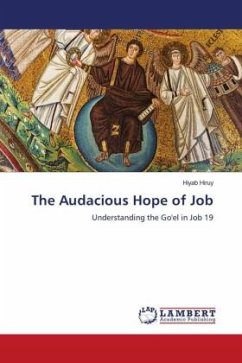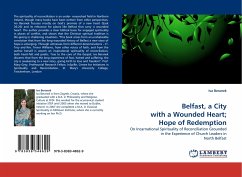By a critical study of the ritual role and function of the concepts of time, history and messianic social hopes in the Kenyan context, we suggest the key elements on which the emerging African theology is to be understood and predicated upon.Ritual events are the occasions through which the power and meaning of time, history and social hopes are made present and celebrated. Two dominant civic ritual days in Kenya's social memory, Kenyatta and Jamhuri are taken to explicate the above.Kenyatta Day as a commemoration for the Kenyan African resistance against British colonialism is explicated in the light of the biblical Passover. The peak of this resistance was the Mau Mau movement which was supported by the African Independent Church, while the missionary churches were in sympathy with the colonial government. Similarly, Jamhuri Day celebrates the coming of Uhuru (Freedom), while anticipating the social-economic 'salvation' through the Harambee movement. Jamhuri day celebrations compares with the Eucharist which prefigures Eschatological hopes.In conclusion we propose a working paradigm of "Harambee Liberatory Community of Hope" which is informed by ethics and not dogma.
Bitte wählen Sie Ihr Anliegen aus.
Rechnungen
Retourenschein anfordern
Bestellstatus
Storno








